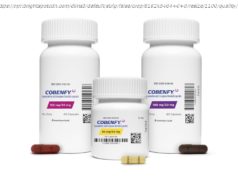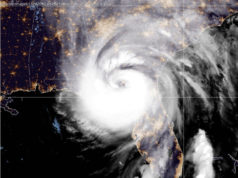WASHINGTON (AP) — Appeals court judges signaled Tuesday that they will likely reject Donald Trump’s claims that he is immune from prosecution in his election…
Appeals court judges signaled Tuesday that they will likely reject Donald Trump’s claims that he is immune from prosecution in his election interference case. The outcome seemed clear during arguments that touched on a range of political and legal considerations.
The Republican presidential primary front-runner made his first trip in months to Washington’s federal courthouse, where his lawyers sought to convince an appeals court to dismiss the case charging him with plotting to overturn the results of the 2020 election. The defense’s argument was met with outright skepticism by the three-judge panel of the U.S. District Court of Appeals for the D.C. Circuit.
The judges did not say when they might rule, but the timing of their decision is crucial with a March 4 trial date looming. Trump’s lawyers, who are hoping to delay the case beyond the November presidential election, are certain to go to the U.S. Supreme Court if the D.C. court sides with special counsel Jack Smith.
A look at some of the key moments from Tuesday’s arguments:
___
At the very outset of the arguments — before Trump’s lawyer even began making his case for immunity — Judge J. Michelle Childs peppered him with questions about whether it’s proper for the court to consider Trump’s appeal at this time.
Most issues in criminal cases can’t be appealed until after a trial verdict, though there are certain circumstances when a defendant can appeal immediately. Smith’s team has not challenged the appeals court’s ability to hear the immunity issue ahead of trial. But a watchdog group called American Oversight filed a friend-of-the-court brief arguing that the appeals court should dismiss Trump’s challenge because Supreme Court precedent shows that it lacks jurisdiction to consider the issue now. If the appeals court agrees that it lacks jurisdiction, it would send the case back to the trial court before even deciding the immunity issue.
Trump’s attorney, D. John Sauer, told the judges that presidential immunity is clearly an issue meant to be resolved before trial.
Home
United States
USA — Science Key moments in the arguments over Donald Trump’s immunity claims in his...






